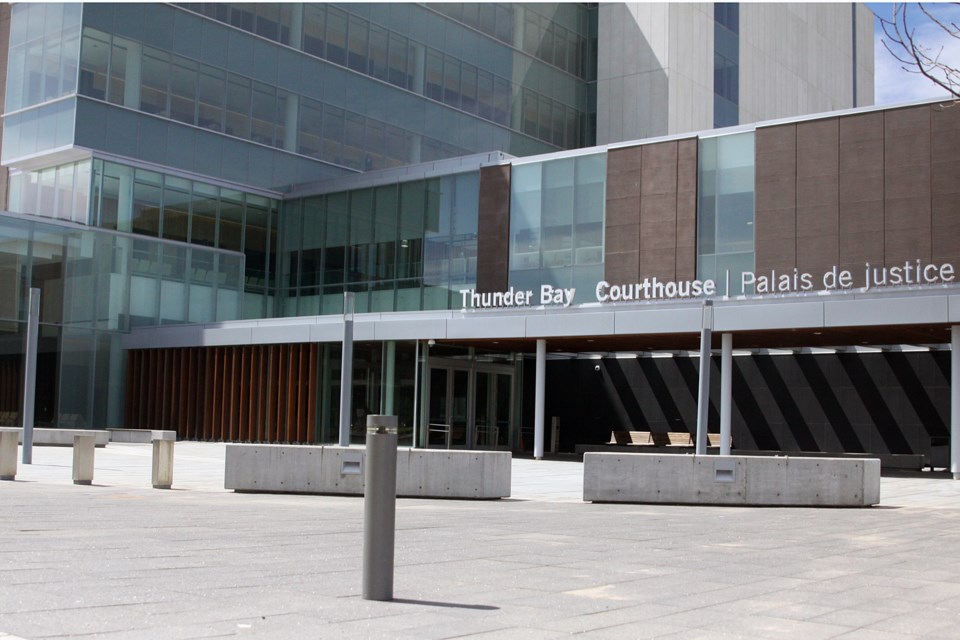THUNDER BAY — A judge has tossed out a case launched against the province and the Ontario Coroner's office by the family of a four-year-old Indigenous child who alleged that the investigation into his death was inadequate and discriminatory.
Superior Court Justice J.S. Fregeau concluded that the various elements of the claim had no reasonable prospect of success in a trial, so he struck them.
"The underlying legal foundations of the claims proceed on an erroneous interpretation of the Coroners' statutory obligations under the [Coroners] Act," he said in his ruling.
Brody Meekis died from strep throat in his home community of Sandy Lake First Nation in 2014.
In 2016, the family filed a claim against the Chief Coroner for Ontario, the Regional Supervising Coroner, the investigating coroner and the provincial government.
They alleged that the investigating coroner failed in his obligation to provide a proper investigation because of "unreasonably inadequate coronial services" provided to First Nations communities.
The family said the coroner did not visit the scene of the death, did not communicate with the family during his investigation, and failed to identify systemic issues that contributed to the child's death.
The coroner ultimately decided that an inquest was not required.
Ontario was liable, the plaintiffs argued, because of discrimination in its death investigation services on the basis of race and on-reserve residency, contrary to the Charter of Rights and Freedoms.
In their motion to have the case thrown out, the defendants maintained that the claim had no merit and should not proceed.
The court considered eight separate issues arising from the motion, and in all cases decided in favour of the defendants.
On the matter of whether the death investigation and the decision not to recommend an inquest constituted "misfeasance in public office," Justice Fregeau stated that the coroner "was not legally required to attend Sandy Lake First Nation," nor was he required by the Coroners Act to keep the family directly informed regarding his investigation.
He was only required by law to keep a record of his "findings of fact" in regard to the child's death, and make them available, together with the autopsy result, to the family upon request.
In their constitutional claim, the family submitted that the alleged failure to conduct a thorough investigation, including failing to attend the scene of death, resulted in the failure to provide coronial services of comparable quality to non-reserve residents of Ontario. They also argued that this perpetuates historical disadvantages faced by First Nations people on reserves, including inadequate health services.
The plaintiffs further submitted that awarding damages would be an appropriate remedy, as it would provide compensation for harm caused to their respect and dignity as a result of discriminatory treatment.
The judge struck the Charter claim as well, saying it had no reasonable chance of success.
However, he noted that an application for judicial review of the decision not to hold an inquest conceivably could result in an order for an inquest, which "would go a long way towards compensating and vindicating the plaintiffs for alleged inadequacies in the death investigation."
Justice Fregeau also said a judicial review would provide "a convenient process" to clarify what the Charter required of the coroner's office throughout the investigation and the coroner's discretionary decision-making process.
Asked if an appeal might be considered, lawyer Julian Falconer, who represented the family, told Tbnewswatch he hasn't yet had a chance to consult with his clients.
But Falconer said he is concerned the decision leaves "very vulnerable communities out in the cold in favour of what amounts to a legalistic, technical approach to the law, so that people who need the real help simply don't get it."
